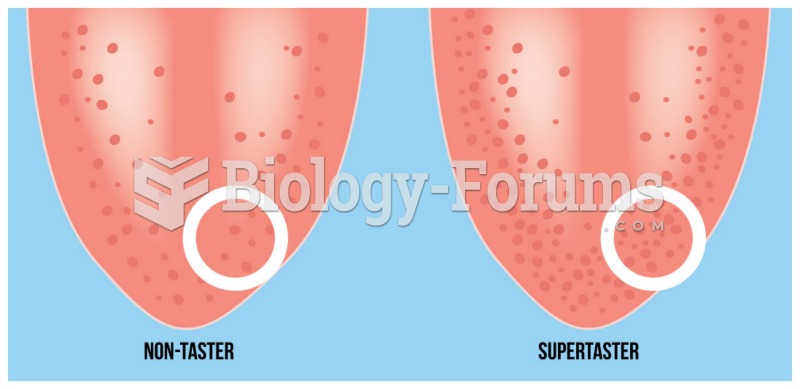Answer to Question 1
Refer to a registered dietitian (RD) for medical nutrition therapy. Calories should start at basal
needs of 300 to 400 kcal/day, and the diet should be referred to as low calorie.Gradually increase to
1200 kcal/day or more.
Sit with the patient during mealtimes; don't prompt to eat. Normal conversation can help increase
appetite.
Discuss food choices.
Weigh each morning after voiding, in hospital gown with the patient's back to the scale.
The initial focus is on stabilizing her physical condition and immediately addressing any acute
psychiatric symptoms, such as suicidal ideations.
Approach the patient calmly and in a matter-of-fact manner.
Reward for weight gain.
Discuss minimal weight gain weekly that is acceptable to the patient.
Encourage patient to set realistic and attainable goals for weight.
Go over laboratory values with patient and importance of normality.
Discuss with patient the willingness to work on self-esteem and body distortion issues.
Discuss the importance of physical activity but that limitations are necessary.
Remain nonjudgmental.
Work on assertiveness skills with the patient.
Encourage patient to participate in the treatment plan.
Encourage participation in group therapy.
Provide individual therapy after discharge.
Praise successes and give immediate positive feedback, focusing on health promotion and
wellness. Often, patient privileges are linked to weight gain and adherence to the treatment plan.
Monitor all trips to the bathroom, especially after eating, to prevent self-induced vomiting.
Answer to Question 2
None of her laboratory values is dangerously low. However, the low Hgb and Hct may reflect a
deficiency in protein and iron. The potassium level is slightly lower than normal and should be
watched carefully.
Malnutrition has long-term implications for disease and poor health.
ECG changes could be life-threatening.
Electrolyte imbalances need to be corrected, especially decreased K, Na, Cl, and Mg.
Fluid balance needs to be corrected, and the patient might need to be treated for kidney damage
or failure.







